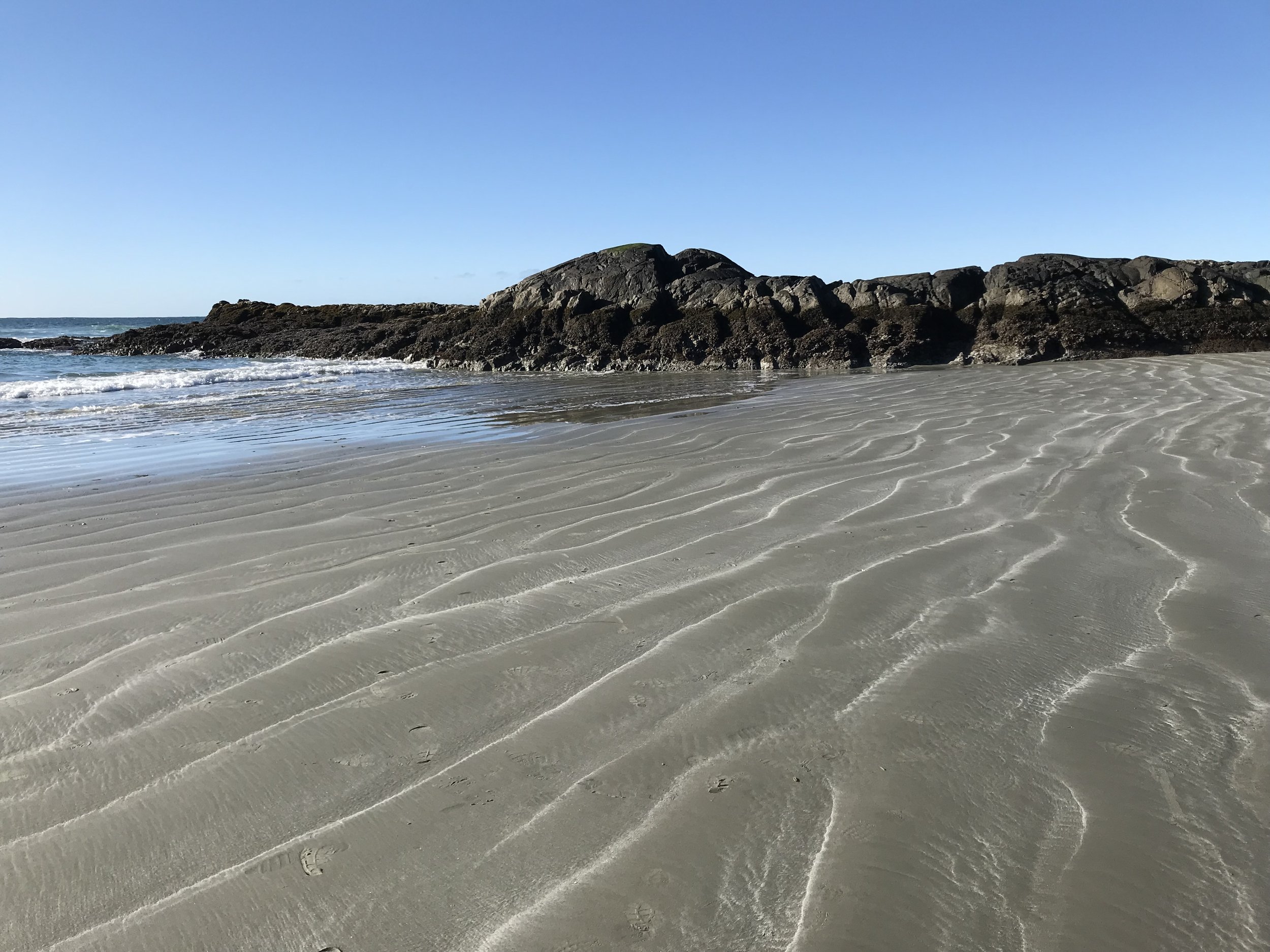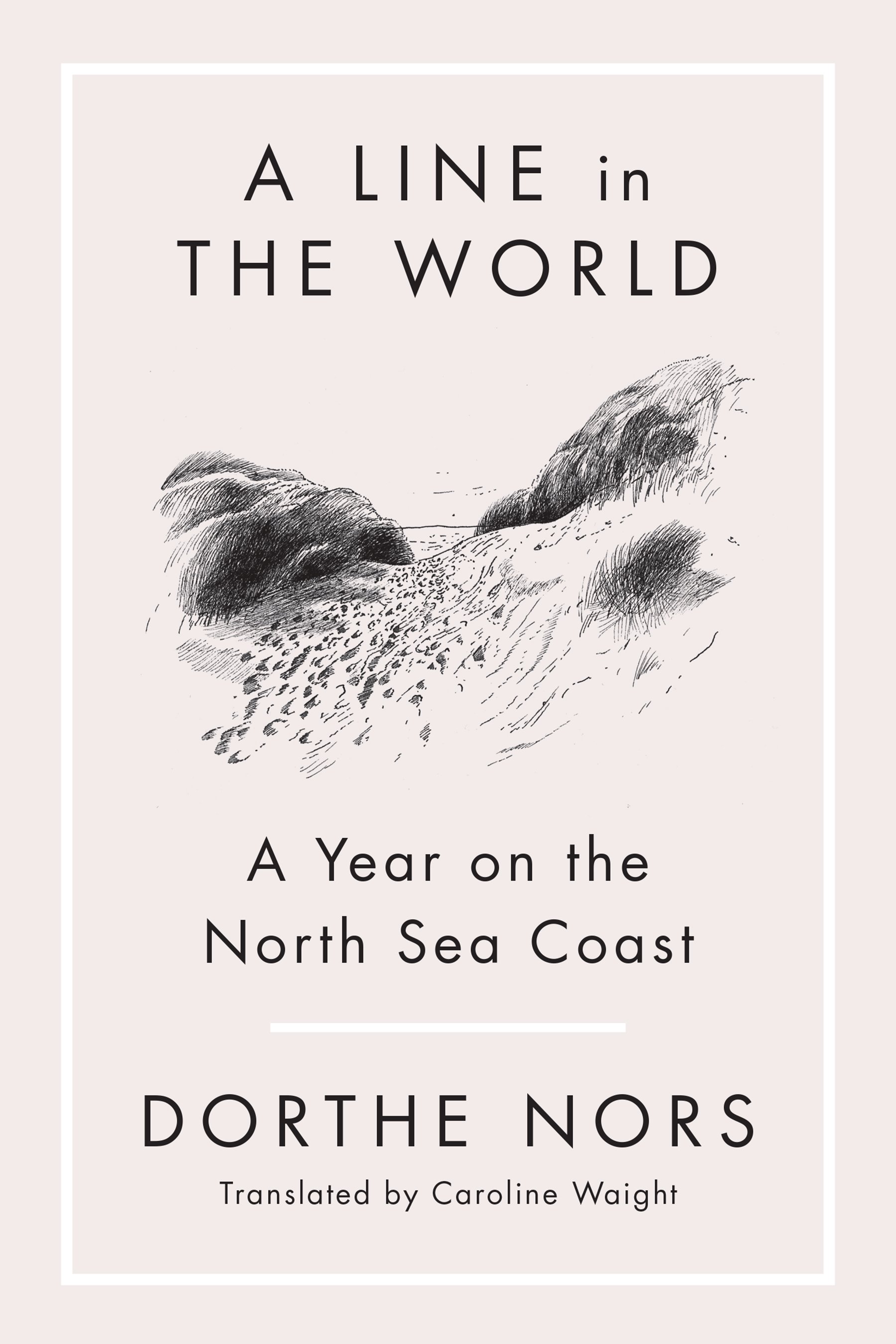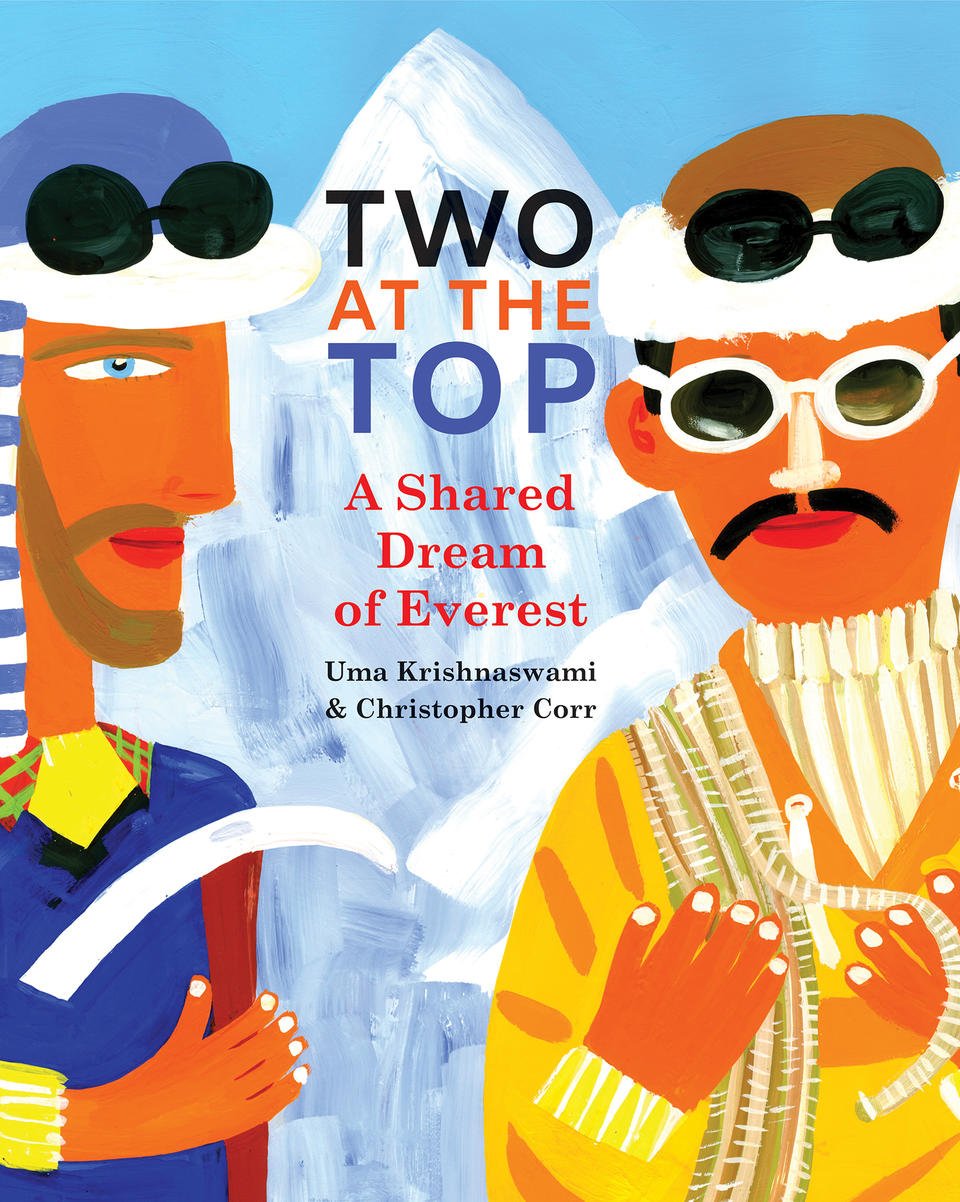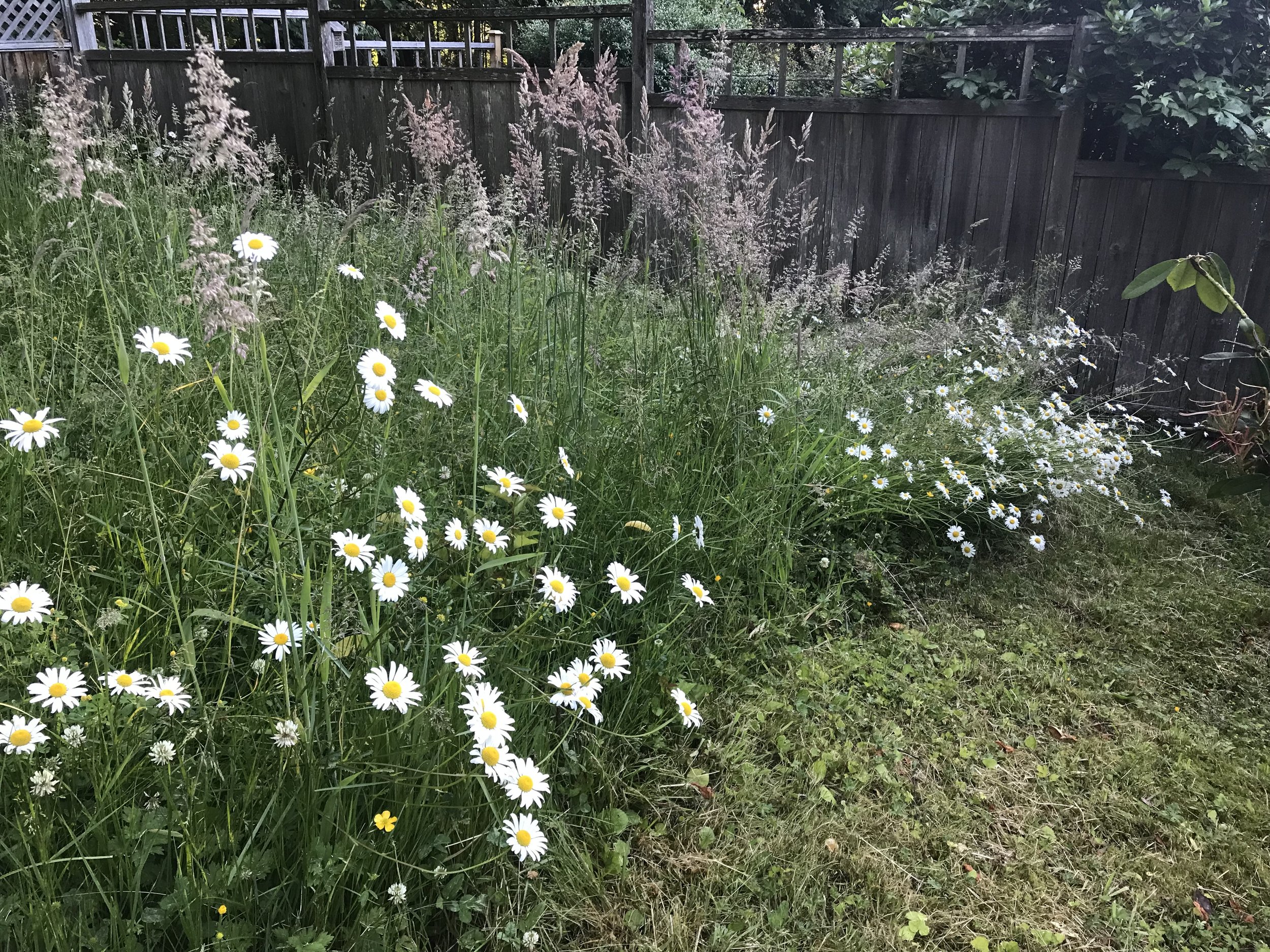
Writing With a Broken Tusk
Writing With a Broken Tusk began in 2006 as a blog about overlapping geographies, personal and real-world, and writing books for children. The blog name refers to the mythical pact made between the poet Vyaasa and the Hindu elephant headed god Ganesha who was his scribe during the composition of the Mahabharata. It also refers to my second published book, edited by the generous and brilliant Diantha Thorpe of Linnet Books/The Shoe String Press, published in 1996, acquired and republished by August House and still miraculously in print.
Since March, writer and former student Jen Breach has helped me manage guest posts and Process Talk pieces on this blog. They have lined up and conducted author/illustrator interviews and invited and coordinated guest posts. That support has helped me get through weeks when I’ve been in edit-copyedit-proofing mode, and it’s also introduced me to writers and books I might not have found otherwise. Our overlapping interests have led to posts for which I might not have had the time or attention-span. It’s the beauty of shared circles.


Personal Geographies
Place is at the heart of who we are. We hold it close. We mourn its loss. Time makes this a constant, because the place that made you keeps changing, long after you have left it. In a very literal way, maybe it never existed except in your fleeting experience of it.
Dorthe Nors writes of the grip we keep on a place, and how it both holds us and eludes us, in her book of essays on the North Sea coast in her native Denmark, A Line in the World.


Setting: The Case for Rewilding
Singer-songwriter and UN Ambassador Ellie Goulding makes the case for rewilding the spaces we live in—and ourselves. Snippet:
We know that for clean water, you need healthy forests; to balance carbon, you need healthy seas and peat bogs, mangroves and seagrass. Nature isn’t just nice scenery. We are nature – and we depend on it.
In Karachi, Pakistan, architect and activist Tariq Qaiser is desperate to save an island he sees as a ”terrestrial incarnation of Abdullah Shah Ghazi, the patron Sufi saint of Karachi, who protects the city from storms, disease, and hunger.”
